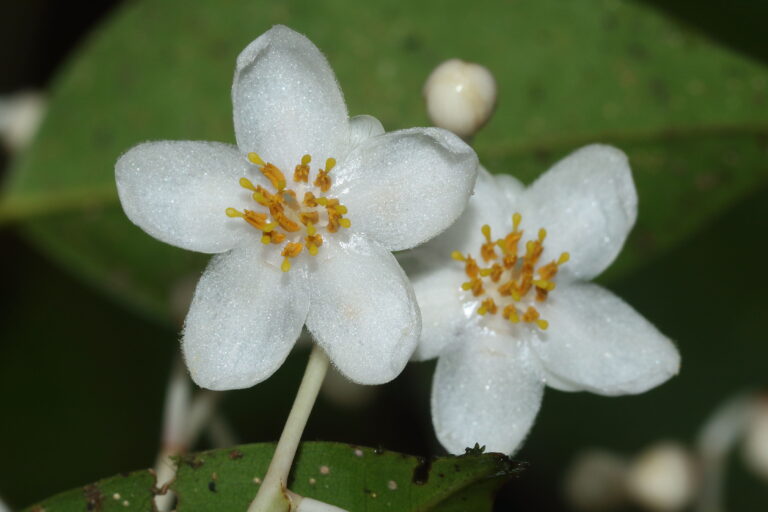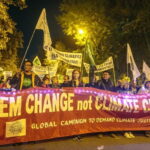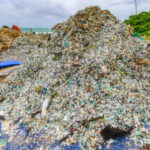When the government of Sri Lanka published the National Red List of threatened plants in 2020, my eyebrows shot up. We’ve all become accustomed, after all, to the grim news these reports periodically bring us. But here it was, in black and white: 128 species, not having been recorded in surveys conducted during the past century, were assessed as “possibly extinct,” while a further two each were assessed as “extinct” and “extinct in the wild.” This was good news indeed. Just eight years earlier, the 2012 National Red List had assessed fully 177 species as possibly extinct, together with five extinct and two others extinct in the wild. Had 49 extinct species — species no one had recorded in more than a century — really been rediscovered since 2012? Clearly, someone had blundered. Not stopping to put the book down, I called up Siril Wijesundara at the National Institute of Fundamental Studies (NIFS) in Kandy and the chairman of the committee of experts who conducted the assessment. “Siril,” I said, “there’s a mistake in the number of extinct flowering plants in the new Red List.” He laughed. “I thought that would get your attention,” he said. “But there’s no mistake. Himesh has rediscovered three of the officially extinct ones as well.” “What’s Himesh?” I asked, thinking it to be the acronym of the institution that had magically rediscovered these species, which, after all, all previous surveys had missed. “Himesh is an amazing guy,” Wijesundara said. “He spends his life searching…This article was originally published on Mongabay
Search
Recent Research
Want your Blog Article featured on our website?
Research
Featured News
How to Make Your Home More Energy-Efficient in 2026
A practical, future-ready guide for lower bills and a smaller footprint Rising energy prices and
Sustainable Break Rooms: Greening the Office Pantry
Photo by Rodeo Project Management Software on Unsplash A break room may seem like a
Solar-powered AI streetlights to fund coastal highway construction
Nigeria’s long delayed Lagos-Calabar Coastal Highway is set to be rescued by thousands of AI-driven,
Big Data Analytics Enhances Renewable Energy sector
The sun doesn’t send bills, but energy companies using renewable energy do. And to keep
From COP30 to Sri Lanka, indigenous voices shape climate & food sovereignty
COLOMBO — When Indigenous groups converged at the entrance of the U.N. Climate Change Conference
Another threat to reefs: Microplastic chemicals may harm coral reproduction
As the sliver of a new moon shines over Kāneʻohe Bay, Oʻahu, millions of tiny
A Practical Guide to Choosing the Right Organizer Bins Online
Choosing organizer bins sounds simple — until you start comparing sizes, materials, and specs online.
How Lagos traders struggle as styrofoam gradually disappears in markets
Traders have continued to count their losses about five months after the Lagos State Government





